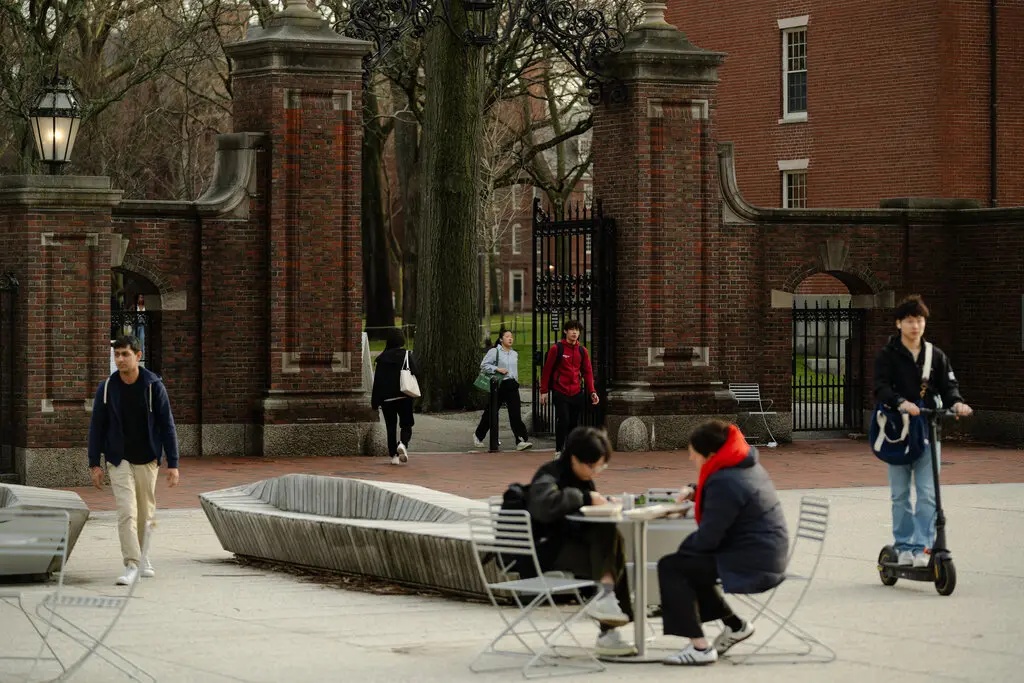World
Harvard’s China Ties Spark US Government Action

Harvard University’s long-standing ties to China, once a source of strength, have turned into a political challenge. The Trump administration recently moved to stop Harvard from enrolling foreign students. The government accused the university of allowing Beijing-backed influence on campus and fostering antisemitism. About 20% of Harvard’s foreign students in 2024 were Chinese nationals, according to the university.
Harvard sued to block the government’s order, and a U.S. judge temporarily paused the enrollment ban. Concerns about Chinese government influence at Harvard have been raised before by many U.S. lawmakers, mainly Republicans. They worry that China uses Harvard to access U.S. technology, bypass security laws, and silence criticism in the United States.
The White House described Harvard as having ignored harassment directed by groups linked to China on campus. Harvard has not publicly responded to these accusations. The university’s connections to China include research partnerships and China-focused academic centers that brought financial donations and global prestige. The Chinese embassy said that educational cooperation between China and the U.S. benefits both countries and should not be seen negatively.
The Trump administration cited Harvard’s training of officials from the Xinjiang Production and Construction Corps (XPCC), a Chinese paramilitary group sanctioned for human rights abuses against Uyghurs. These engagements reportedly continued through 2024. China denies accusations related to Xinjiang, but both Trump and Biden administrations have labeled China’s actions there as genocide.
Another controversial connection involves Ronnie Chan, who helped donate $350 million to Harvard in 2014. He is a member of the China-United States Exchange Foundation, which promotes dialogue between the two countries but is registered in the U.S. as a foreign principal, requiring disclosure of lobbying activities.
Harvard’s former professor Charles Lieber was convicted in 2021 for hiding ties to China related to federally funded research. He later became a professor at a Chinese university. The China Initiative, a Trump-era program focused on fighting Chinese espionage, was ended by the Biden administration after critics said it caused racial profiling and fear in the research community.
U.S. lawmakers from both parties have also raised concerns about China-linked student groups monitoring political activities on campus. In April 2024, a Harvard student was physically removed from an event by a Chinese exchange student during a speech by China’s ambassador.
Pressure on Harvard increased during Trump’s second term. In April, the Education Department asked Harvard for records on foreign funding after finding incomplete disclosures about large donations and contracts.
Some experts warn that the government’s strict actions may hurt educational exchange and research. The dispute between Harvard and the U.S. government is ongoing. The university’s lawsuit will determine if Harvard can continue enrolling foreign students. The case reflects broader concerns about how U.S. universities handle relationships with China. Many universities face similar scrutiny.
This story will be updated as new details emerge.






